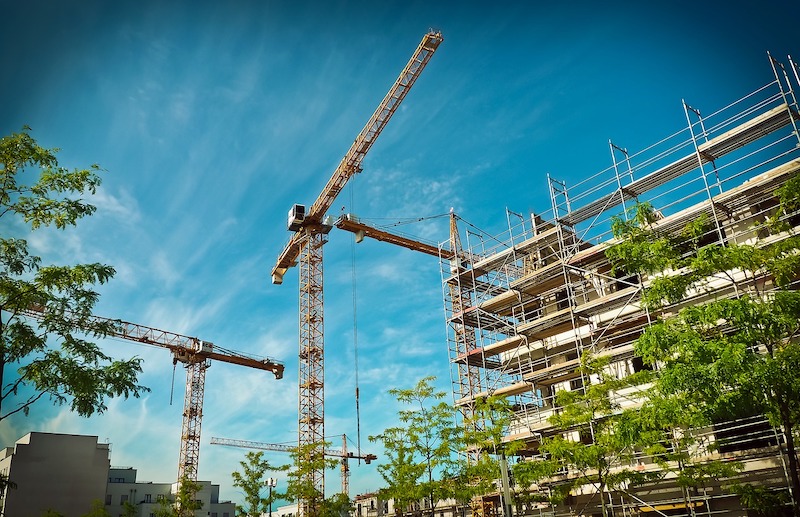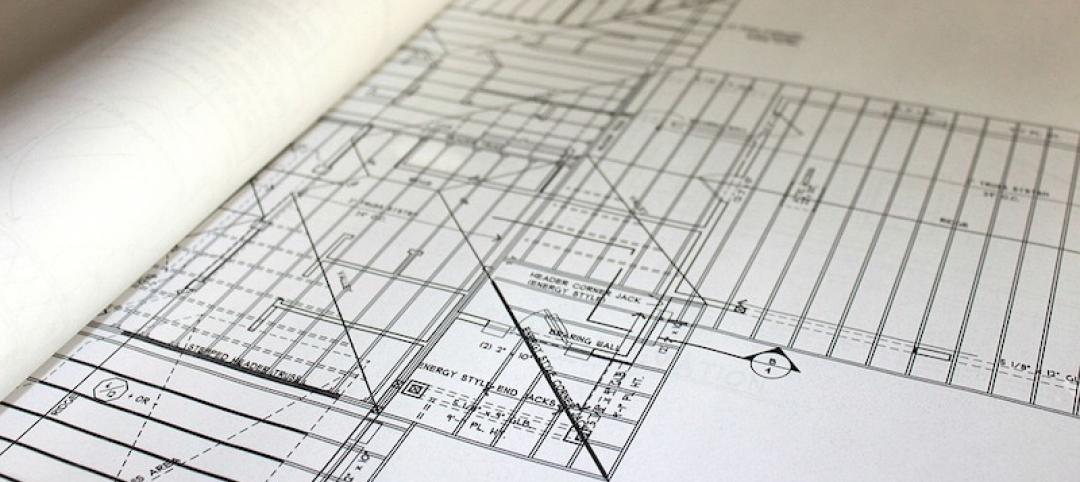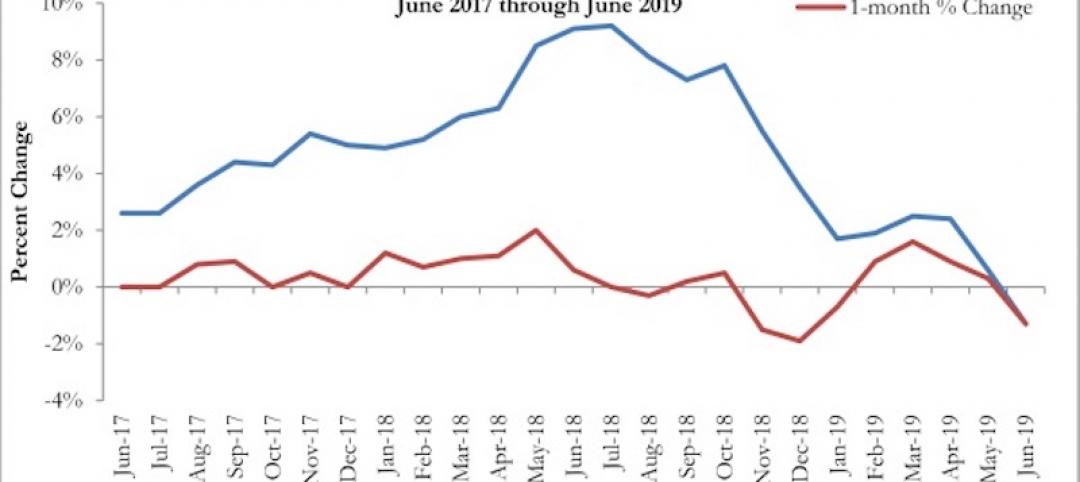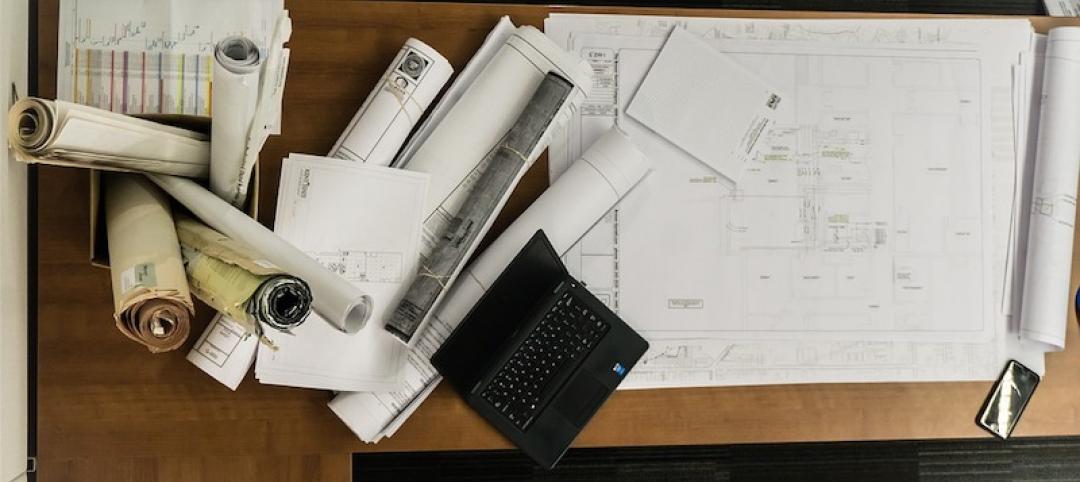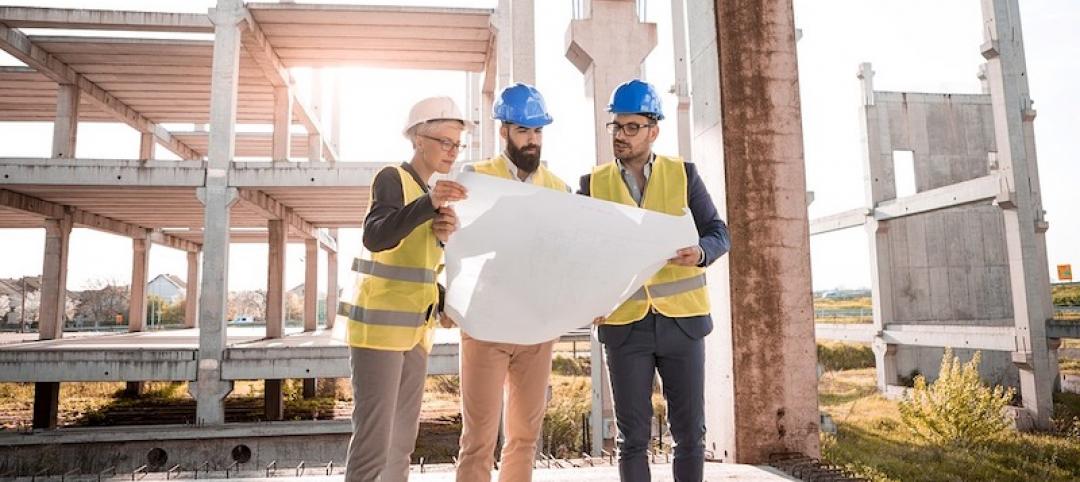Construction spending declined for the third month in a row in May as a sharp slowdown in private projects more than offset a rise in public work, according to an analysis by the Associated General Contractors of America of government data released today. Association officials warned that the pickup in public projects is likely to reverse soon unless the federal government acts quickly to invest in needed infrastructure and shore up crumbling state and local budgets.
“Three short-lived factors may have boosted construction spending in May: emergency healthcare projects, acceleration of highway work to make use of the drop in road traffic, and the end to some state government shutdown orders,” said Ken Simonson, the association’s chief economist. “Unfortunately, these stimuli have now worn off, and there is a high risk that construction spending will soon shrink as state and local governments start a new fiscal year today with large budget gaps that they must close. Too often, they turn to postponing and canceling construction.”
Construction spending in May totaled $1.36 trillion at a seasonally adjusted annual rate, a decline of 2.1% from April and the lowest total since June 2019. Since February, total spending has slumped by 5.9%, the steepest three-month contraction since 2009, the economist noted.
The decrease in May was widespread across private construction categories, which recorded a spending decline of 3.3% from April, following a 3.8% slide from March to April. Public construction spending rose by 1.2% in May, an increase that only partially reversed a drop of 2.7% the month before.
“It is likely that the pickup in highway construction and other public spending that occurred in May will fade as soon as current projects are completed,” Simonson said. “Our latest survey of contractors, conducted June 9-17, found only about one-fifth of respondents had won new or expanded work—unchanged from early May. In addition, nearly one-third of respondents reported that an owner had canceled an upcoming project.”
Association officials said that private-sector funding is likely to continue to remain below pre-coronavirus levels for some time as many owners opt to delay investments amid pandemic-induced uncertainty. Meanwhile, many state and local investments in infrastructure and construction are likely to decline amid falling tax revenues. What is needed is a federal infrastructure measure that can attract broad, bipartisan support in the House and Senate, the association officials noted.
“The best way to get people back to work and to make our economy more efficient and effective for the long run is by improving the nation’s vital infrastructure,” said Stephen E. Sandherr, the association’s chief executive officer. “Leaders in both parties need to understand that messaging measures may excite the base, but they do nothing to improve roads, fix bridges or modernize water systems.”
Related Stories
Market Data | Jul 18, 2019
Construction contractors remain confident as summer begins
Contractors were slightly less upbeat regarding profit margins and staffing levels compared to April.
Market Data | Jul 17, 2019
Design services demand stalled in June
Project inquiry gains hit a 10-year low.
Market Data | Jul 16, 2019
ABC’s Construction Backlog Indicator increases modestly in May
The Construction Backlog Indicator expanded to 8.9 months in May 2019.
K-12 Schools | Jul 15, 2019
Summer assignments: 2019 K-12 school construction costs
Using RSMeans data from Gordian, here are the most recent costs per square foot for K-12 school buildings in 10 cities across the U.S.
Market Data | Jul 12, 2019
Construction input prices plummet in June
This is the first time in nearly three years that input prices have fallen on a year-over-year basis.
Market Data | Jul 1, 2019
Nonresidential construction spending slips modestly in May
Among the 16 nonresidential construction spending categories tracked by the Census Bureau, five experienced increases in monthly spending.
Market Data | Jul 1, 2019
Almost 60% of the U.S. construction project pipeline value is concentrated in 10 major states
With a total of 1,302 projects worth $524.6 billion, California has both the largest number and value of projects in the U.S. construction project pipeline.
Market Data | Jun 21, 2019
Architecture billings remain flat
AIA’s Architecture Billings Index (ABI) score for May showed a small increase in design services at 50.2.
Market Data | Jun 19, 2019
Number of U.S. architects continues to rise
New data from NCARB reveals that the number of architects continues to increase.
Market Data | Jun 12, 2019
Construction input prices see slight increase in May
Among the 11 subcategories, six saw prices fall last month, with the largest decreases in natural gas.


